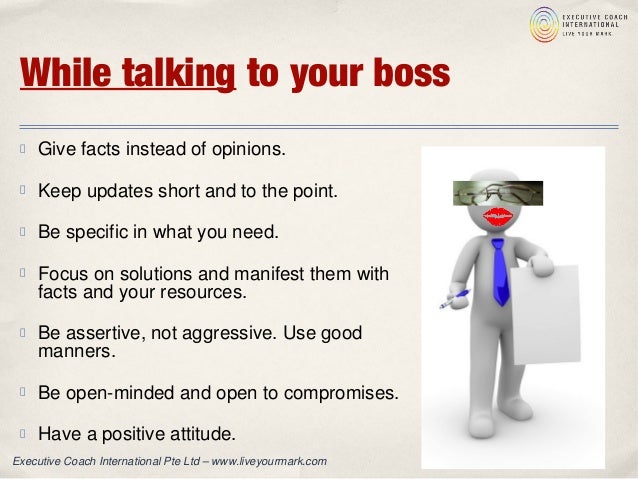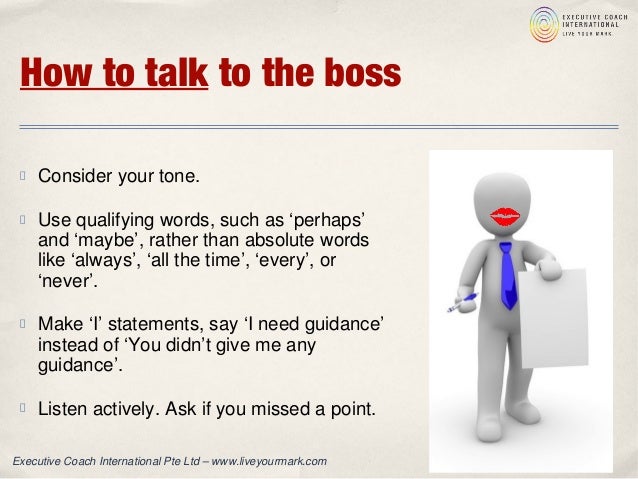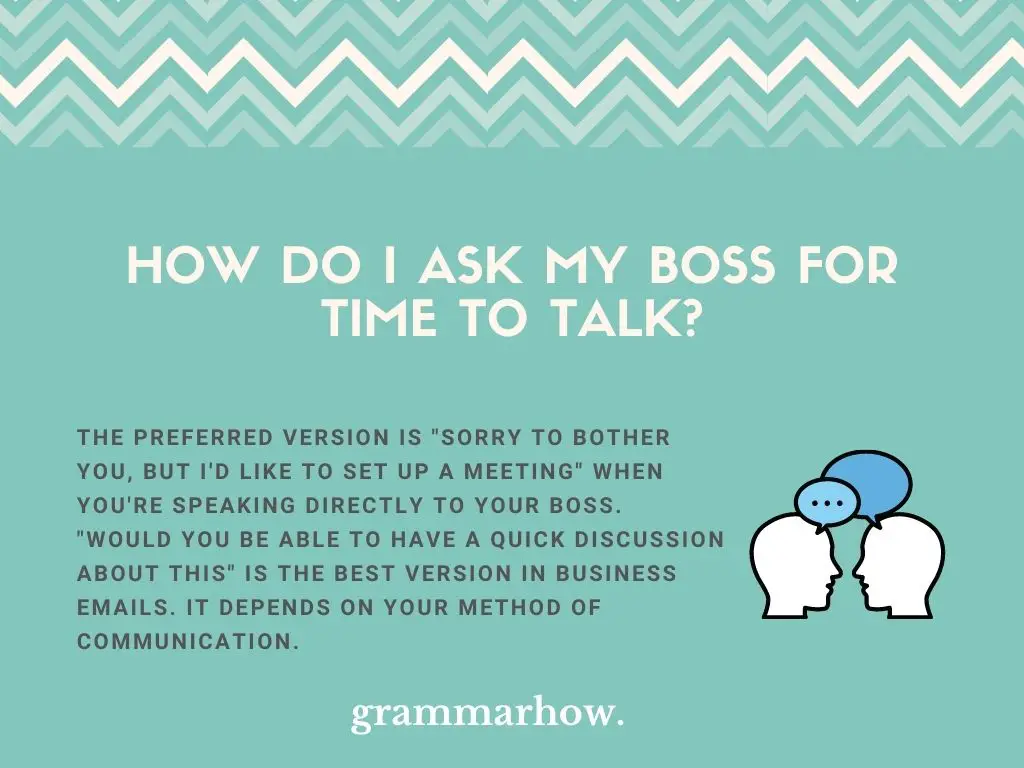How To Talk To A Manager About A Problem

Navigating workplace challenges is inevitable, but addressing them effectively with your manager can be daunting. Unresolved issues can fester, leading to decreased productivity, increased stress, and even job dissatisfaction. Learning how to communicate concerns professionally and constructively is crucial for both individual well-being and a healthy work environment.
This article provides a practical guide on how to approach your manager with a problem, ensuring your concerns are heard and addressed appropriately. We'll cover preparation steps, effective communication strategies, and follow-up techniques to navigate these conversations successfully. The goal is to empower employees to proactively address issues and foster a more positive and productive workplace dynamic.
Preparing for the Conversation
Identify the Problem and Its Impact
Before scheduling a meeting, clearly define the problem. Objectivity is key: avoid emotional language and focus on specific incidents or situations. Consider the impact of the problem on your work, your team, or the organization as a whole.
Quantify the impact whenever possible, using data or specific examples. This helps your manager understand the severity and urgency of the issue.
Brainstorm Potential Solutions
Don't just present a problem; offer potential solutions. This demonstrates initiative and a proactive approach. Come up with at least two or three possible solutions, considering their feasibility and potential impact.
Consider the resources required for each solution and any potential drawbacks. This shows you've thought critically about the issue and its resolution.
Schedule a Meeting at an Appropriate Time
Choose a time when your manager is likely to be less stressed and more receptive. Avoid scheduling the meeting right before a major deadline or during a particularly busy period. Request a specific time slot and briefly explain the topic you want to discuss, allowing your manager to prepare.
Respect your manager's time by being punctual and sticking to the allotted timeframe.
Effective Communication Strategies
Start Positively and Express Gratitude
Begin the conversation by expressing gratitude for your manager's time and willingness to listen. Frame the issue as a way to improve efficiency or enhance team performance. This sets a positive tone and encourages a collaborative approach.
Avoid accusatory language or blaming individuals. Focus on the problem itself and its impact.
Clearly and Concisely Present the Problem
State the problem clearly and concisely, using objective language. Provide specific examples and data to support your claims. Avoid rambling or getting sidetracked by irrelevant details.
Use the STAR method (Situation, Task, Action, Result) to structure your explanation. This helps provide a clear and concise narrative.
Actively Listen to Your Manager's Perspective
Allow your manager to respond and actively listen to their perspective. Avoid interrupting or becoming defensive. Show empathy and try to understand their viewpoint, even if you disagree.
Ask clarifying questions to ensure you fully understand their response. Demonstrate that you value their input and are willing to consider alternative perspectives.
Collaborate on a Solution
Present your proposed solutions and discuss their feasibility with your manager. Be open to feedback and willing to compromise. Work together to identify the best course of action.
Document the agreed-upon solution and any specific action items. This ensures everyone is on the same page and accountable for their responsibilities.
Following Up and Maintaining Professionalism
Summarize the Discussion and Action Items
Before ending the meeting, summarize the discussion and reiterate the agreed-upon action items. Confirm who is responsible for each task and the expected timeline for completion. This helps prevent misunderstandings and ensures accountability.
Thank your manager for their time and collaboration.
Follow Up on Action Items
Follow up with your manager to check on the progress of the action items. This shows your commitment to resolving the issue and ensures that it doesn't fall by the wayside. Provide updates on your own progress and any challenges you've encountered.
Be persistent but respectful in your follow-up efforts.
Maintain a Professional Demeanor Throughout the Process
Maintain a professional demeanor throughout the entire process, even if you disagree with your manager's perspective. Avoid gossip or complaining to colleagues about the situation. Focus on finding constructive solutions and maintaining a positive working relationship.
If the problem persists despite your best efforts, consider escalating the issue to a higher level of management or HR, following company policy.
According to a 2023 study by Gallup, employees who feel their concerns are heard by management are significantly more engaged and productive. By mastering the art of communication and proactively addressing workplace challenges, employees can contribute to a more positive and successful work environment.
Ultimately, learning to effectively communicate problems to your manager is a valuable skill that benefits both individuals and organizations. By preparing thoroughly, communicating clearly, and following up diligently, employees can navigate workplace challenges with confidence and professionalism, fostering a more productive and positive work experience.


















